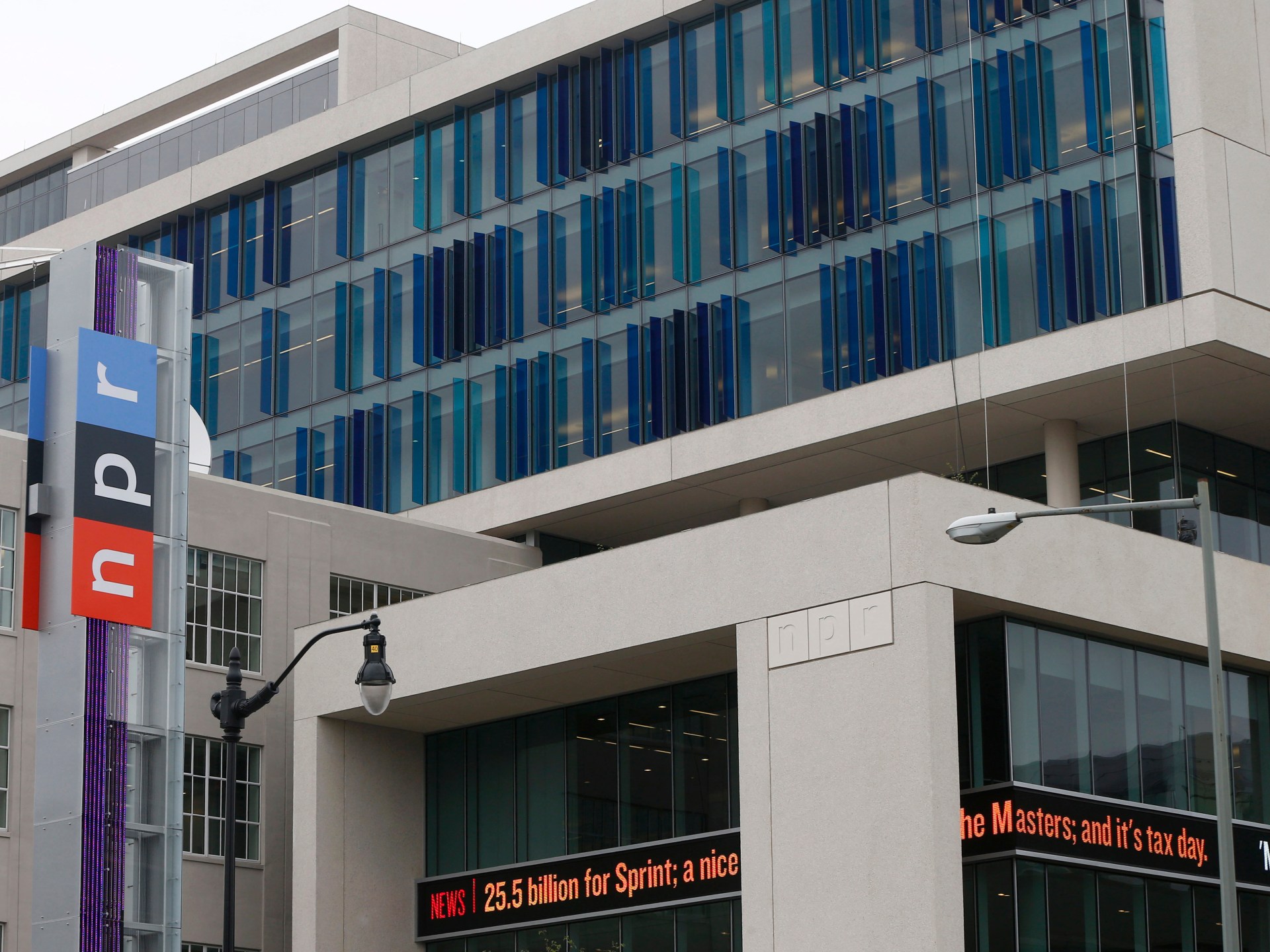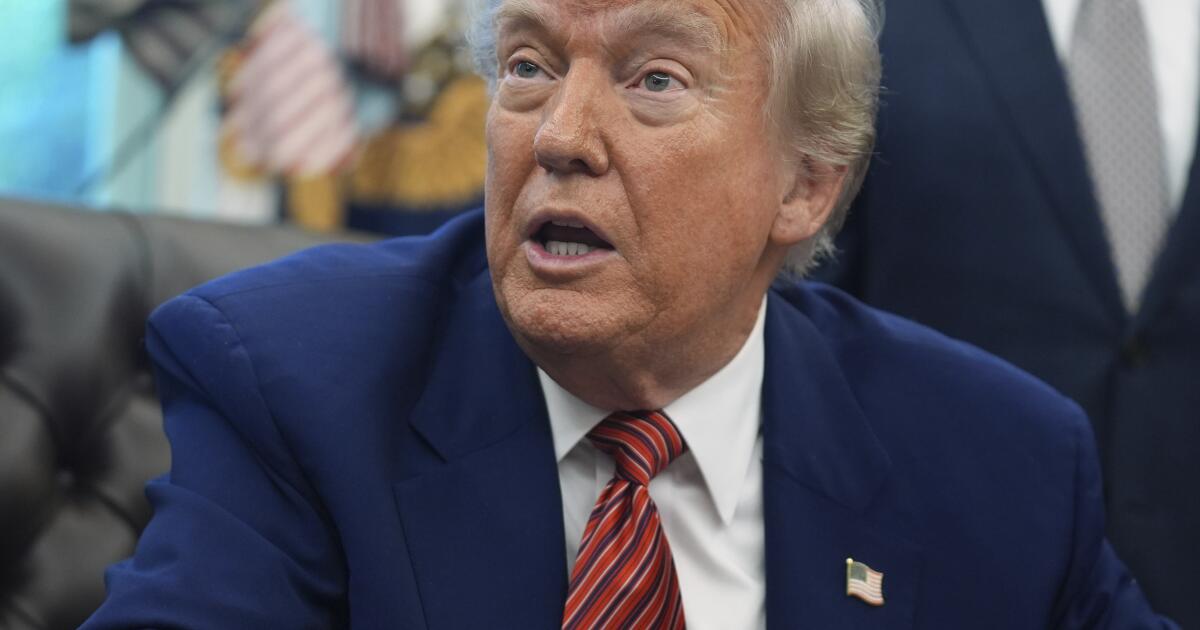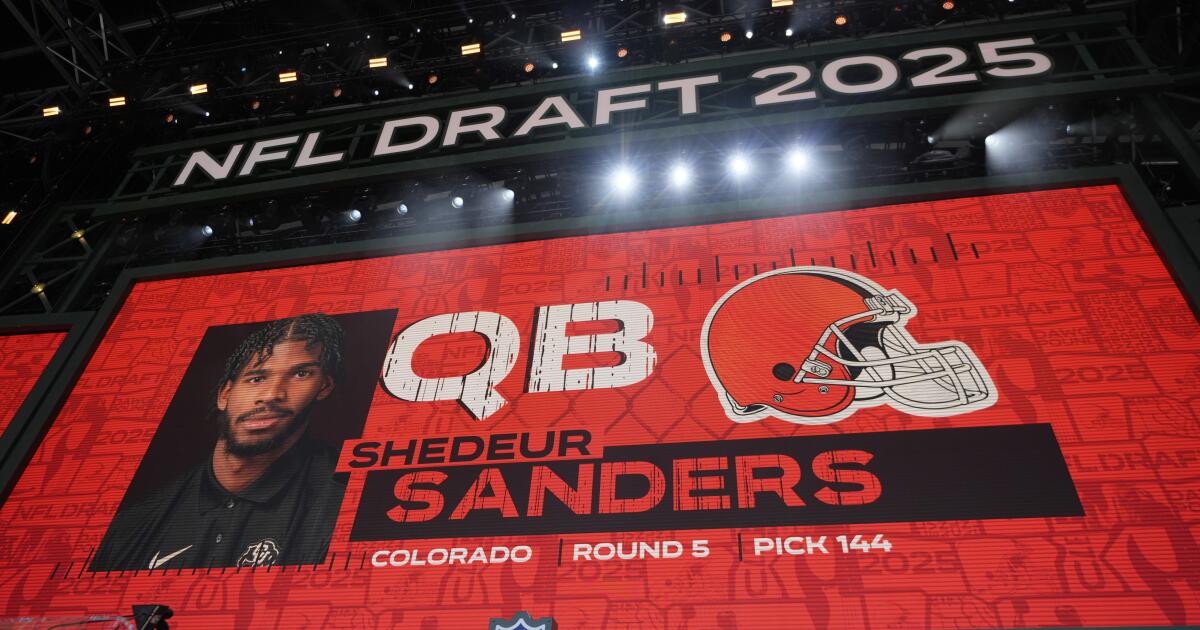NPR sues Trump administration for cutting US federal funding | Freedom of the Press News
The lawsuit alleges the Trump administration’s move to cut federal funding to public broadcasting is a violation of the US Constitution’s First Amendment.
National Public Radio (NPR) and three of its local stations have filed a lawsuit against United States President Donald Trump, arguing that an executive order aimed at cutting federal funding for the organisation is illegal.
The lawsuit, filed in federal court on Tuesday in Washington, DC by NPR and three local stations in Colorado — Colorado Public Radio, Aspen Public Radio and KUTE Inc – argues that Trump’s executive order to slash public subsidies to PBS and NPR violates the First Amendment of the US Constitution.
Trump issued the executive order earlier this month, instructing the Corporation for Public Broadcasting and other federal agencies “to cease Federal funding for NPR and PBS” and requiring that they work to root out indirect sources of public financing for the news organisations. Trump issued the order after alleging there is “bias” in the broadcasters’ reporting.
The Corporation for Public Broadcasting spends roughly $500m on public TV and radio annually. PBS and NPR get part of their funding from federal grants: 17 percent and two percent, respectively.
“The Order’s objectives could not be clearer: the Order aims to punish NPR for the content of news and other programming the President dislikes and chill the free exercise of First Amendment rights by NPR and individual public radio stations across the country,” the lawsuit alleges.
“The Order is textbook retaliation and viewpoint-based discrimination in violation of the First Amendment, and it interferes with NPR’s and the Local Member Stations’ freedom of expressive association and editorial discretion,” it said.
The White House’s executive order argued that editorial choices – including that NPR allegedly “refused to cover the Hunter Biden laptop story”, and that it ran a “Valentine’s Day feature around ‘queer animals’” – were some of the reasons it wanted to cut federal funding.
“This is retaliatory, viewpoint-based discrimination in violation of the First Amendment,” NPR CEO Katherine Maher said in a statement.
“NPR has a First Amendment right to be free from government attempts to control private speech as well as from retaliation aimed at punishing and chilling protected speech. By basing its directives on the substance of NPR’s programming, the Executive Order seeks to force NPR to adapt its journalistic standards and editorial choices to the preferences of the government if it is to continue to receive federal funding.”
The absence of PBS from Tuesday’s filing indicates the two systems will challenge this separately; PBS has not yet gone to court, but is likely to do so soon.
The US president’s attempts to dismantle government-run news sources like Voice of America and Radio Free Europe/Radio Liberty have also sparked court clashes.
The administration has battled with the press on several fronts. The Federal Communications Commission is investigating ABC, CBS and NBC News. And after The Associated Press refrained from calling the Gulf of Mexico “the Gulf of America”, as Trump directed, the administration restricted the news outlet’s access to certain government events.





